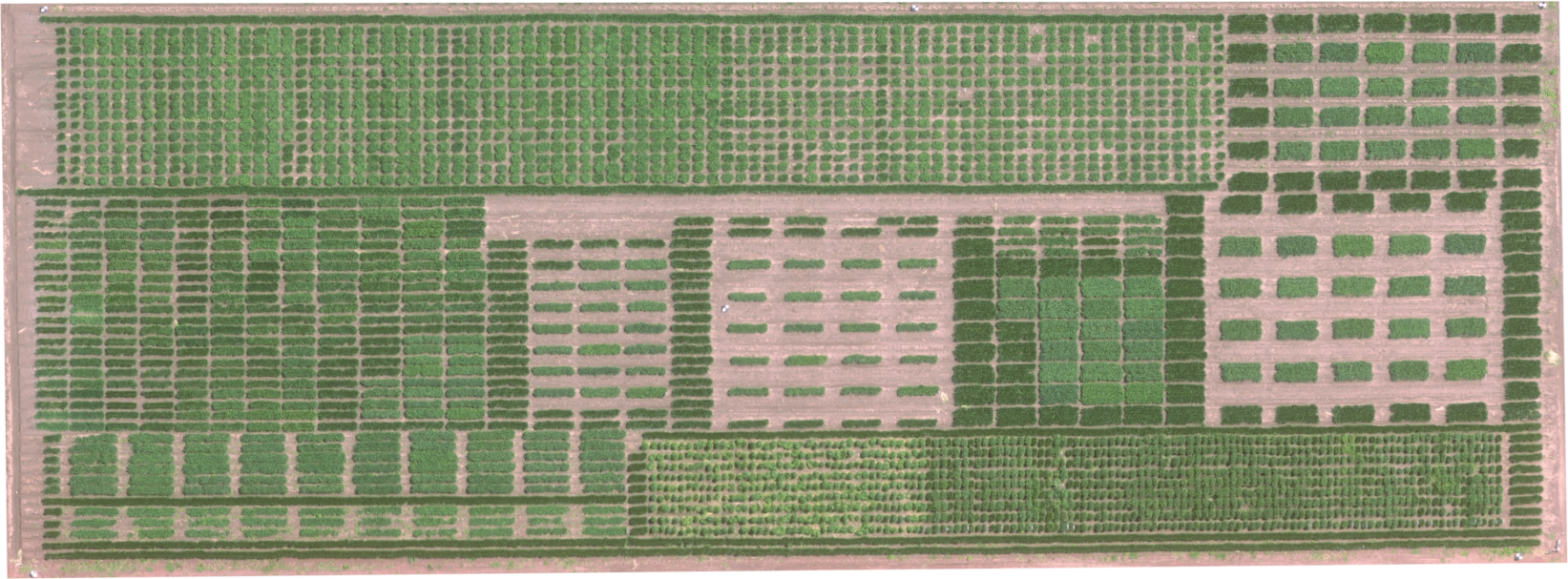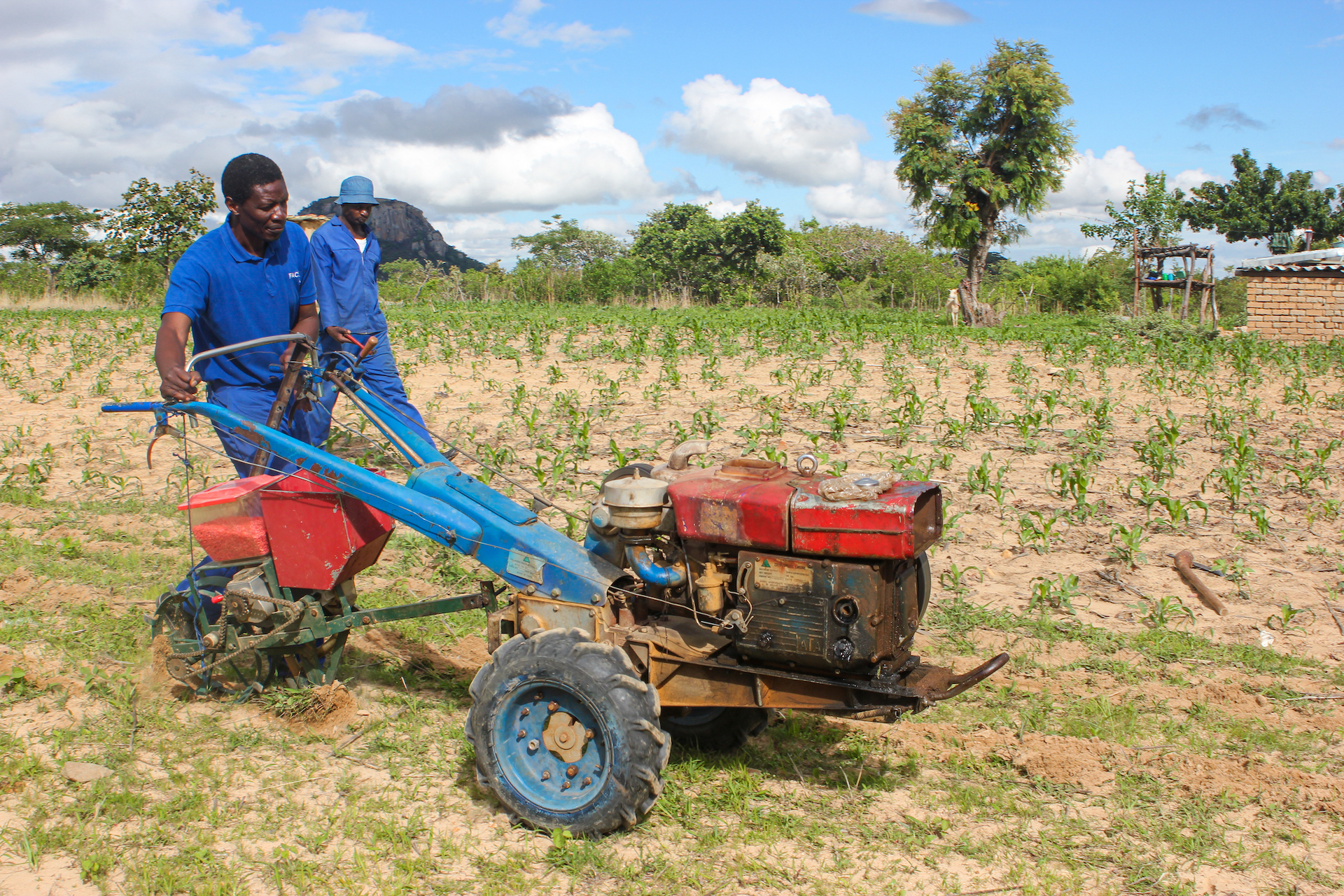 On August 29, CIMMYT held the latest installment of its seminar series on women’s leadership—Catalysts of Change: Women Leaders in Science. The online event featured a presentation from Lindiwe Majele Sibanda, an animal scientist by training, who has previously worked as policy advisor for numerous African governments and global institutions and currently serves as chair of the CGIAR System Board.
On August 29, CIMMYT held the latest installment of its seminar series on women’s leadership—Catalysts of Change: Women Leaders in Science. The online event featured a presentation from Lindiwe Majele Sibanda, an animal scientist by training, who has previously worked as policy advisor for numerous African governments and global institutions and currently serves as chair of the CGIAR System Board.
In her opening talk, Sibanda outlined the many and varied roles she has held throughout her career, including professor, farmer, and business owner. Discussing her early education in a segregated colonial Zimbabwe (then Rhodesia), her time as an undergraduate student in Egypt, or the challenge of starting a family alongside developing her career, Sibanda was keen to highlight the lessons learned at each stage of life and emphasized the importance of creating cross-cultural friendships, nurturing professional networks, establishing priorities, and promoting continuous learning.
A learning spirit
Sibanda has over 15 years of experience working as a governor at national, regional, and international levels, but it took some time to initially build her confidence in the role. She recalled feeling daunted during her very first meetings because she had not been trained, but her learning spirit helped carry her through. “I always looked around the room and chose my mentors—based on something I liked about their values—something I liked about the way they asked questions, or something I liked about their demeanor and how they engaged with others—and I started learning.”
This approach has garnered her a large circle of mentors—and friends—and having served on more than 12 different boards she now feels this is a space that she enjoys, particularly as there are still opportunities for learning. “I think it’s the spirit of continuous thirst for knowledge, for new information, that has kept me going.”
“And it’s all about integrity,” she added. “What people see in me is what they get. I’ve never had to be fake. What I know, I make sure I know very well. What I don’t know, I’m not shy to say I don’t know.”
Convince each other that it can be done
Having unpacked her life as a scholar, mother, working professional, and governor, Sibanda explained that her current focus is on giving back. For her, supporting the next generation of women in the workplace is a key part of leadership. She cited Graça Machel and Mama Mary Robinson as inspirations, both for their work ethic and their ability to connect with people at different levels. “But most importantly, they give it to other women,” she said. “They love mentoring girls and other women.”
In her own experience, some of the major obstacles she faces as a woman, a farmer, and an African are the specific biases associated with each of those three things. “Women need to be helped, they are disadvantaged; farmers are poor, especially if they come from Africa; and mothers need to spend more time at home and not be globetrotting to meetings.” To counter these biases, she explained, it is important to show that you can thrive and excel in all environments. “It’s not about either or, it’s about showing we can do it, regardless of the circumstances.”
“Women are natural agents of change, and all they need is a conducive environment. As women, we should be spending more time with other women, making sure we share our stories, our successes, and our struggles. The whole idea is to convince each other that it can be done.”
Sibanda’s presentation was followed by a Q&A session led by Ana Luisa Garcia Rivera, senior regional genotyping coordinator at CIMMYT. Watch the recorded session below.

 Innovations
Innovations 
